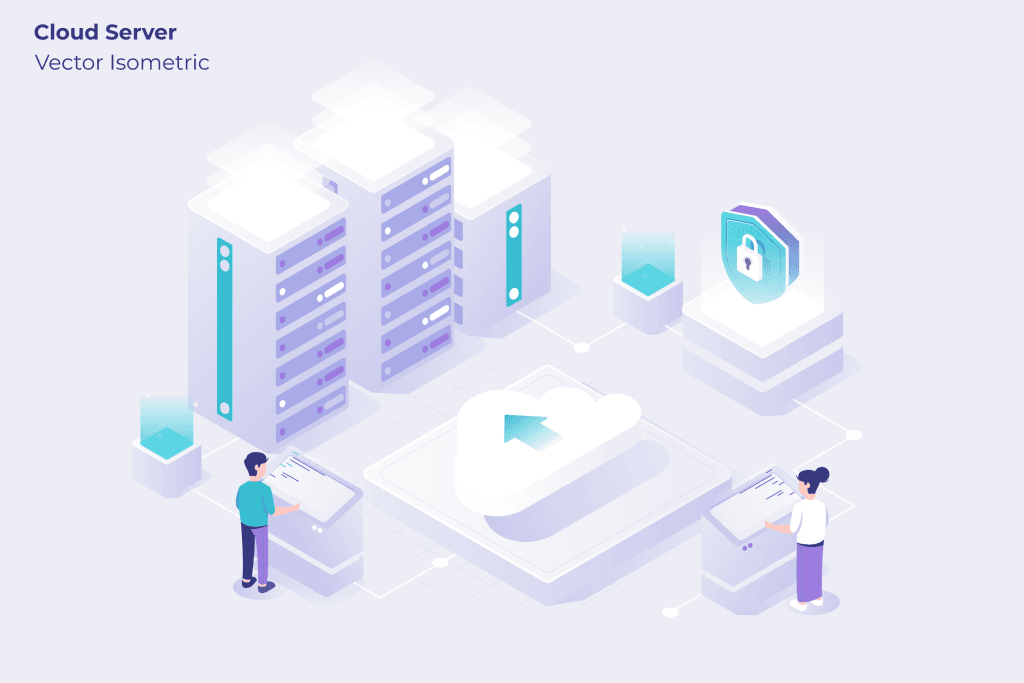In the contemporary educational landscape, Cloud-Based Learning Management Systems (LMS) have emerged as pivotal tools that enhance access to learning resources and foster collaboration among students and educators. By leveraging cloud technology, these systems provide a flexible, scalable, and efficient platform for managing educational content and facilitating communication, ultimately transforming the way learning occurs in both traditional and remote settings.

The Essence of Cloud-Based Learning Management Systems
A Cloud-Based LMS is a web-hosted platform that allows educational institutions to create, deliver, manage, and track training and educational content without the need for extensive on-premises infrastructure. This accessibility is particularly significant in an era where learning can take place anytime and anywhere. Students and educators can log in from any internet-enabled device, ensuring that learning is not confined to the physical classroom. This flexibility is crucial for accommodating diverse learning needs and preferences, allowing for a more personalized educational experience.
Enhancing Accessibility
One of the most compelling advantages of Cloud-Based LMS is their ability to improve accessibility. By removing the barriers associated with traditional learning environments, such as geographical limitations and the need for specific hardware, these systems democratize education. Students from various backgrounds can access high-quality learning materials, participate in discussions, and collaborate on projects without the constraints of time or location. This inclusivity is essential for fostering a diverse learning community where all students have the opportunity to succeed.
Moreover, the cloud infrastructure supports seamless updates and maintenance, ensuring that users always have access to the latest features and security enhancements. This continuous improvement not only enhances user experience but also builds trust in the system, as educators can rely on the platform to be secure and up-to-date.
Fostering Collaboration

Collaboration is a cornerstone of effective learning, and Cloud-Based LMS facilitate this through integrated tools that promote communication and teamwork. Features such as discussion forums, group projects, and shared resources enable students to engage with one another and their instructors actively. This collaborative environment mirrors real-world scenarios, where teamwork and communication skills are paramount.
Additionally, educators can utilize these platforms to create collaborative learning experiences that encourage peer-to-peer interaction. By assigning group projects or facilitating discussions around shared resources, teachers can cultivate a sense of community among students, enhancing their engagement and motivation. The ability to collaborate in real-time, regardless of physical location, empowers students to take ownership of their learning and develop essential skills that will serve them well in their future endeavors.
Streamlining Administrative Processes
Cloud-Based LMS also streamline administrative processes for educational institutions. With centralized data management, educators can easily track student progress, manage course materials, and analyze performance metrics. This data-driven approach allows for informed decision-making, enabling educators to identify areas for improvement and tailor their teaching strategies accordingly.
Moreover, the automation of administrative tasks, such as grading and reporting, frees up valuable time for educators to focus on what truly matters: teaching and supporting their students. By reducing the administrative burden, Cloud-Based LMS empower educators to engage more meaningfully with their students, fostering a more supportive and enriching learning environment.
Future-Proofing Education
The rapid pace of technological advancement necessitates that educational institutions remain agile and adaptable. Cloud-Based LMS provide the scalability and flexibility required to respond to changing educational needs. As institutions grow or evolve, these systems can easily accommodate increased user loads and additional features without the need for significant infrastructure investments.
Furthermore, the integration of emerging technologies, such as artificial intelligence and data analytics, into Cloud-Based LMS enhances their capabilities. These advancements can provide personalized learning experiences, adaptive assessments, and targeted feedback, further enriching the educational experience for students.
Conclusion
Cloud-Based Learning Management Systems are revolutionizing the educational landscape by improving access to resources and fostering collaboration among students and educators. By leveraging the power of cloud technology, these systems create inclusive, flexible, and efficient learning environments that cater to the diverse needs of today’s learners. As educational institutions continue to embrace these innovative solutions, they will be better equipped to prepare students for the complexities of the modern world, ultimately enhancing the quality of education and promoting lifelong learning. The future of education lies in the ability to adapt, collaborate, and innovate, and Cloud-Based LMS are at the forefront of this transformation.
- Enhanced Accessibility: Breaks down geographical and hardware barriers, democratizing education.
- Fostered Collaboration: Promotes teamwork through integrated communication tools.
- Streamlined Administrative Processes: Centralized data management and automation of tasks.
- Future-Proofing Education: Scalability and integration of emerging technologies.
How can Cloud-Based Learning Management Systems transform the learning experience in your educational institution?

